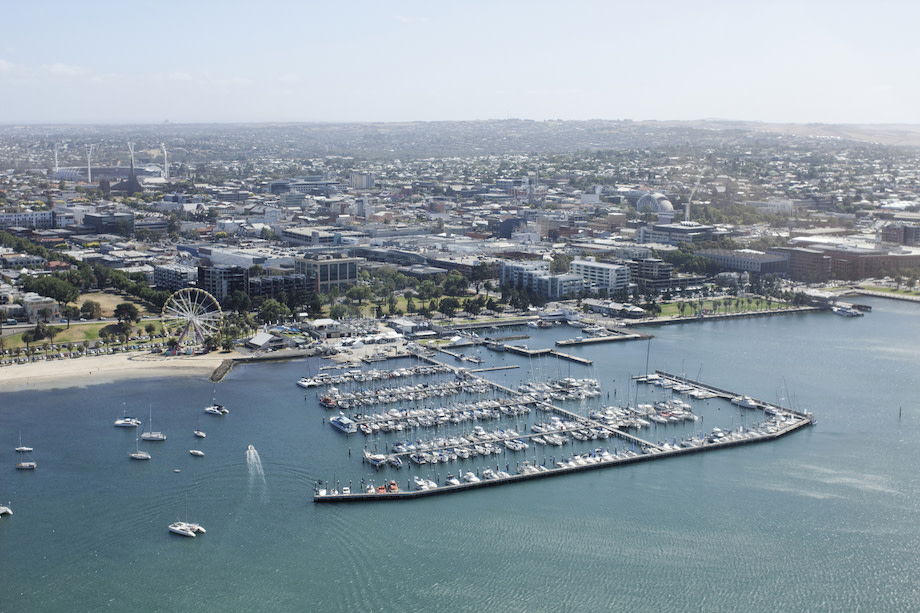Victorian Budget: Plans to Speed Up Planning, Approvals

Developers will hand over $58 million in windfall gains tax under Victorian Treasurer Tim Pallas’ budget, delivered on Tuesday.
The tax is applied when land is rezoned and comes into affect in July, 2023.
The budget also forecast that homeowners will contribute $15 billion in land taxes and stamp duty to the state’s coffers.
The mooted windfall tax has been far from popular with the industry—it means any capital gains developers make from rezoning will be taxed at 50 per cent.
The government says about $6 million will be invested to speed up precinct planning and approvals for more than 95,000 residential lots in Melbourne’s growth corridors and 44,000 lots in regional cities and towns.
The hope is that this will lower house prices, addressing housing affordability.
Planning minister Richard Wynne said it was key to creating new jobs.
“Planning plays a critical role in our state’s economic recovery, ensuring a pipeline of construction jobs across Victoria,” Wynne said.
“With proper precinct planning, we’re delivering the services, infrastructure and housing Victorians need—keeping communities liveable and connected, and creating jobs across the state.”
Nearly $40 million is earmarked for building sector reforms and projects to unlock land supply, housing and infrastructure projects across the state.
Around $28 million of this amount will be invested in reforms of processes, building standards and addressing workforce shortages.
“These are important investments that will cut red tape for small businesses, speed up projects large and small and ensure Victoria’s growth is well managed into the future,” Wynne said.

The budget forecast a deficit of $17.6 billion with $44 billion in pandemic-related spending and a projected taxpayer debt of $167 billion in four years.
Moody’s Investors Service vice president John Manning said that external factors needed to be considered.
“We consider rising inflationary pressures and interest rates, as well as likely more volatile global economic growth amid elevated geopolitical volatility will increase cost pressures for the state and make the budgeted expenditure levels challenging to achieve,” Manning said.
“Despite the underlying strength of the Victorian and broader Australian economy, we expect Victoria’s debt burden will not stabilise before the end of fiscal 2027, further increasing negative pressure on the state’s rating.”
The Victorian government will also establish the state’s first State Building Surveyor and first Building Monitor to advocate for domestic building consumers and to report issues.
Regional councils will get $1.6 million to plan for sustainable growth and activity centres.
This includes Sunbury’s Jacksons Hill, which received $2.2 million for protection and restoration works while Geelong will get $2.3 million for critical projects in the city centre including expanding laneways and improving access for pedestrians.
An infrastructure spend of $21.3 billion is also part of the budget as is $1 billion for low interest loans and government guarantees for social and affordable housing.















